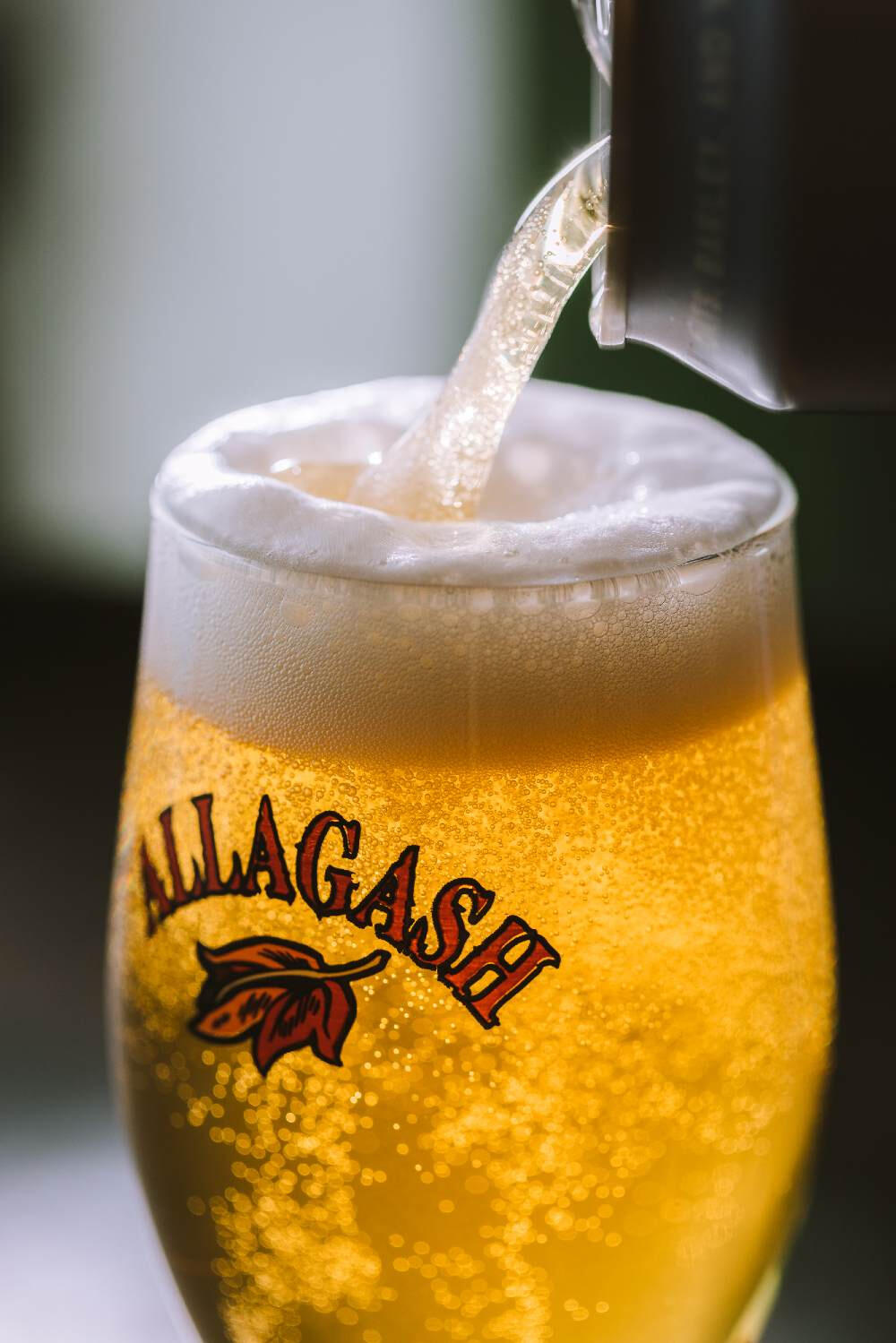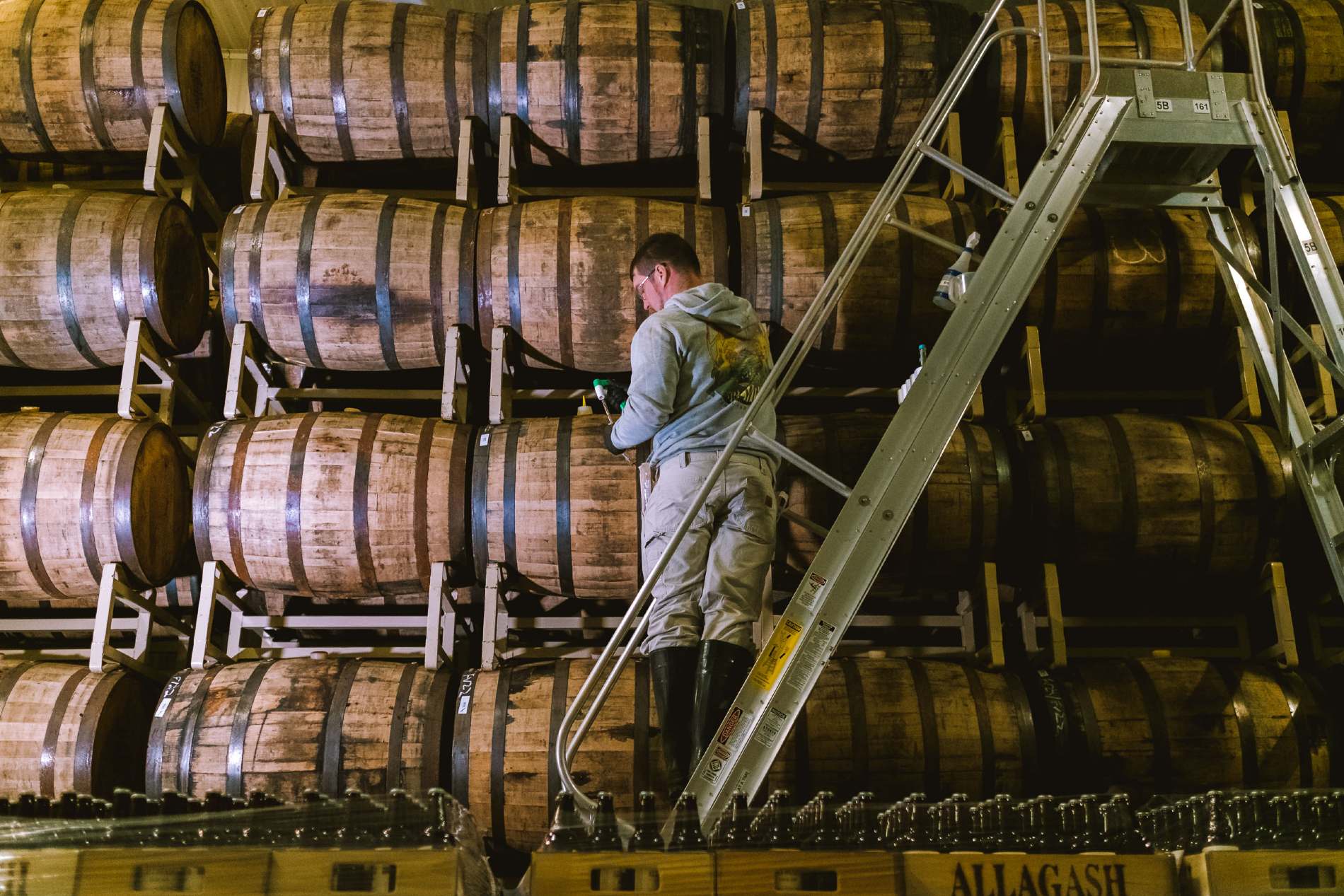A question we get often: does beer expire? Short answer, no. Beer isn’t like milk. With age, it doesn’t actually expire or become unsafe to drink. Old beer’s taste, however, will absolutely change. But stored properly, an old beer’s effect on your body won’t be different than a freshly packaged beer.
How does that work? The wort—or unfermented beer—is basically Pasteurized by the brewing process, effectively killing off any unwanted organisms. Once the beer is fully fermented, it creates an environment in which the types of pathogens or bacteria that can cause harm aren’t able to survive. This is due to the combination of alcohol, the beer’s low pH, and the antimicrobial activity of hops. There are quite a few other microbes that can live in these conditions, but they’re not harmful. This means that in a properly brewed and packaged beer, you’ll just find the beer’s ingredients and a teensy bit of air.
That tiny amount of air is important.
There’s no way to package a beer without a miniscule amount of oxygen sticking around. At our brewery, we measure this amount in parts per billion.
With time, that oxygen inside every bottle, can, or keg, changes the beer. This is called “oxidation” and is responsible for a range of flavors. Some beers will develop a stale, cardboard-like flavor, accompanied by a note of sherry. More malt-forward beers can develop a sweet, bready, and even toffee-ish flavor. In a beer of ours called Curieux—a bourbon barrel-aged Tripel—we’ve noted some of those pleasant toffee and almost caramel-like flavors developing with age.
A beer’s “hoppiness” will also dissipate with age. Hop aromas in particular are notoriously time-sensitive. The bitterness hops impart in the beer will stay in the mouthfeel, but any of those piney, citrusy, or floral hop aromas that characterize a hop-forward beer won’t stick around in an older beer.
But what about skunky beer? Light is the culprit there. Beer ages poorly under any ultraviolet light (thus why a term for properly aging beer is “cellaring” or keeping it in a dark place). Brown bottles and aluminum cans are both effective at blocking out light. But beer in a clear or lighter-colored bottle will develop that signature “skunk-like” flavor if left out.
Another, different staling agent is heat. The higher the heat, the faster the staling. Heat doesn’t create a specific off flavor itself (unlike light). Instead, it acts to speed up the process of oxidation. Our lab actually uses a warm fridge to simulate age in our beer, to get an idea of how it will hold up with time.
Intentionally aging beer is an entirely different subject, and one that’s worth a blog post of its own. But long story short, if you enjoy beer, you’ll want to drink it closer to its release date. It’s the best way to taste the beer as close as possible to the way the brewer intended.








